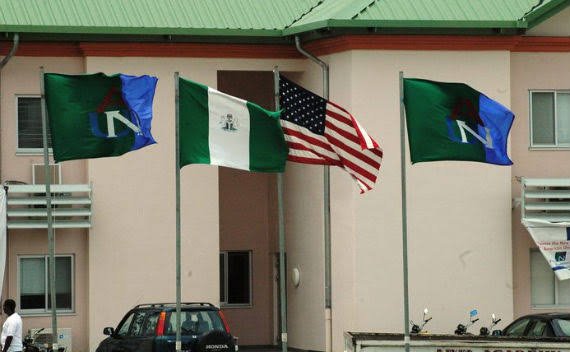Contents
As a non-indigene aspiring to embark on your academic journey at the prestigious Cross River State University of Technology (CRUTECH), understanding CRUTECH School Fees for Non-Indigenes in 2024 is crucial for planning and ensuring financial preparedness.
This comprehensive guide demystifies these fees, empowering you to make informed decisions about your educational investment.
Understanding the Components of CRUTECH School Fees:
CRUTECH school fees for non-indigenes comprise several components, each contributing to the overall cost of your education. Here’s a breakdown:
Freshers:
-
Acceptance Fee: N15,000 (one-time payment)
-
Tuition Fee: Varies depending on your program of study (estimated range: N141,000 – N215,000 per session)
-
Development Levy: N3,000 per session
-
Examination Fee: N5,000 per session
-
Library Fee: N2,000 per session
-
Student Union Fee: N1,000 per session
-
Medical Examination Fee: N2,000 per session
-
Matriculation Fee: N5,000 (one-time payment)
-
Accommodation Fee (Optional): N70,000 per session
Returning Students:
-
Tuition Fee: Varies depending on your program of study (estimated range: N141,000 – N215,000 per session)
-
Development Levy: N3,000 per session
-
Examination Fee: N5,000 per session
-
Library Fee: N2,000 per session
-
Student Union Fee: N1,000 per session
-
Medical Examination Fee: N2,000 per session
Additional Fees:
- Late Registration Fee: N5,000
- Re-sit Examination Fee: N2,000 per course
- Transcript Fee: N1,000 per copy
Please note: These are estimated fees and may vary depending on your specific program, course requirements, and residential status.
It’s crucial to consult the official CRUTECH website or contact the Admissions Office for the latest and most accurate information regarding CRUTECH school fees for non-indigenes.
Additional Costs to Consider:
-
Books and Course Materials: Allocate funds for purchasing textbooks, lab manuals, and other required materials.
-
Transportation: Factor in the cost of commuting to and from campus, especially if you choose off-campus accommodation.
-
Feeding: Budget for meals and groceries to ensure you have access to healthy and nutritious food throughout the semester.
-
Personal Expenses: Consider miscellaneous expenses like clothing, laundry, and entertainment.
Exploring Financial Resources for Non-Indigenous Students:
-
Scholarships and Financial Aid: Investigate scholarship opportunities specifically dedicated to non-indigenous students, offered by the institution, government agencies, and private organizations.
-
Work-Study Programs: Participate in the institution’s work-study program to earn income and gain valuable experience while pursuing your studies.
-
Student Loans: Consider obtaining a student loan from approved financial institutions to cover your educational expenses.
Managing Your Finances Efficiently:
-
Create a Budget: Plan your expenses carefully, allocating funds for different categories like fees, accommodation,food, transportation, and course materials.
-
Track your Spending: Monitor your income and expenses diligently to avoid overspending and ensure responsible financial management.
-
Seek Support Services: Utilize the student support services offered by the institution, including financial counseling and guidance.









